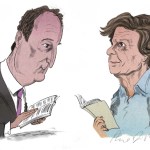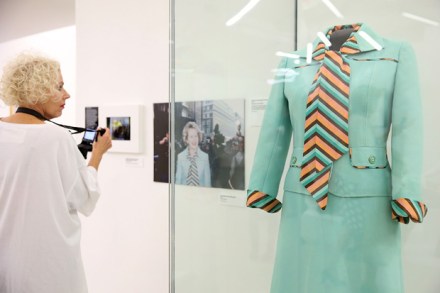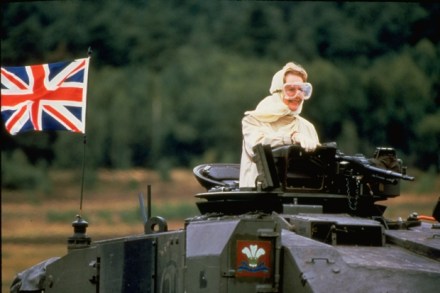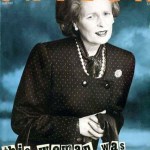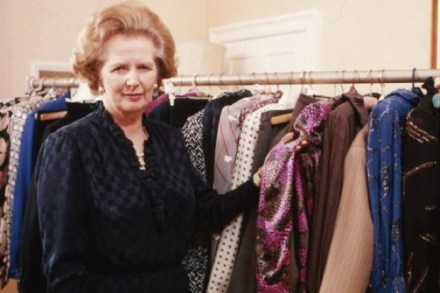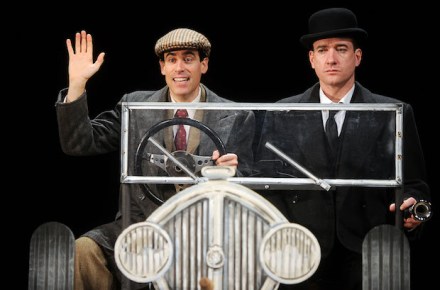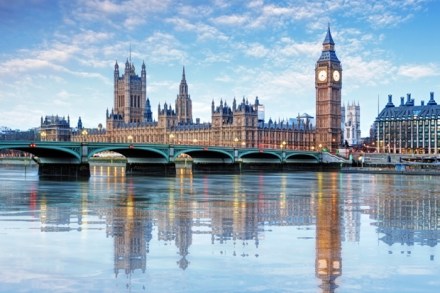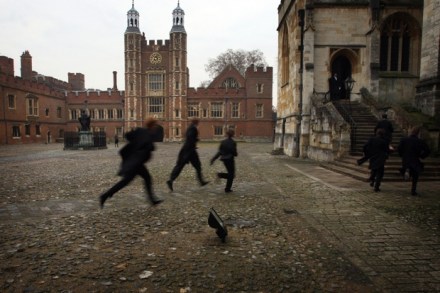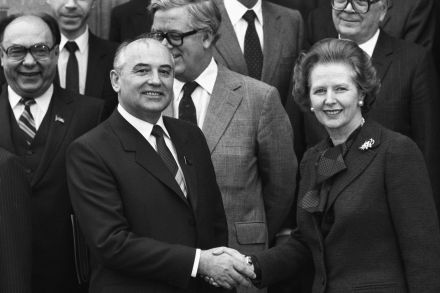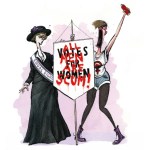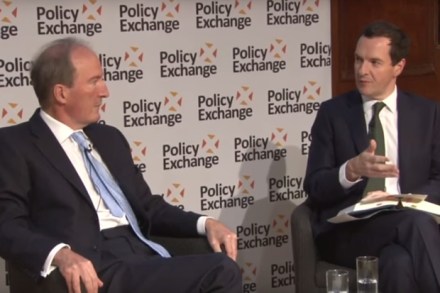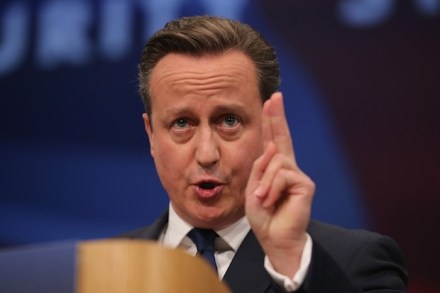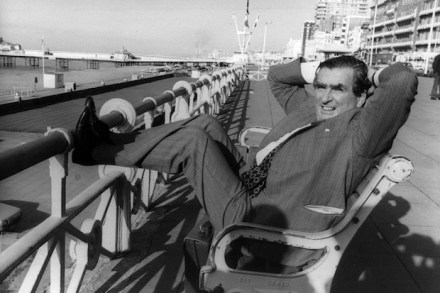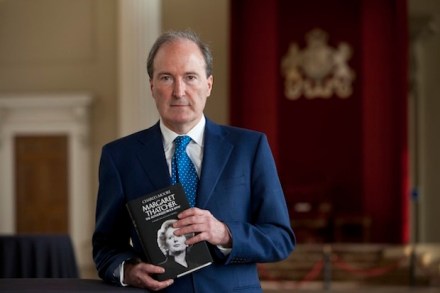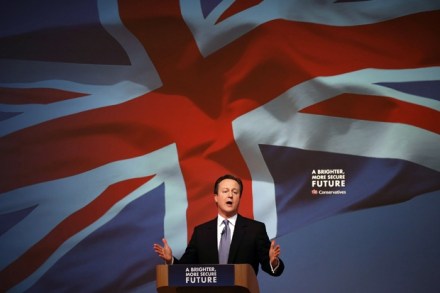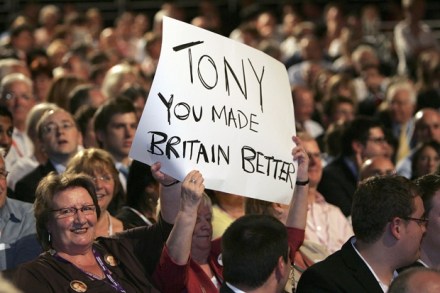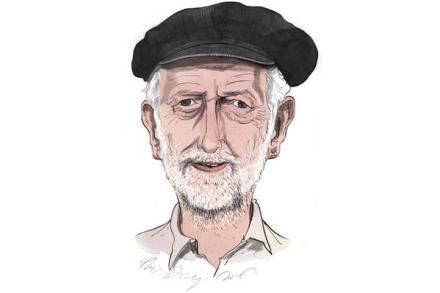Wear The Fox Hat looks innocent enough but try saying it in an Irish accent
President Lyndon B. Johnson’s image never quite recovered in many people’s view from the photograph of him picking up his two beagles by their ears. Personally, I was nearly as affronted by the names he had given the two dogs: Him and Her. A dog is entitled to a good name, and so, for me, is a horse. The Tennessee novelist John Trotwood Moore once noted, ‘Wherever man has left his footprint in the long ascent from barbarism to civilisation we will find the hoofprint of the horse beside it,’ and while that may be going it a bit in the age of the drone and the mobile phone, racehorses



